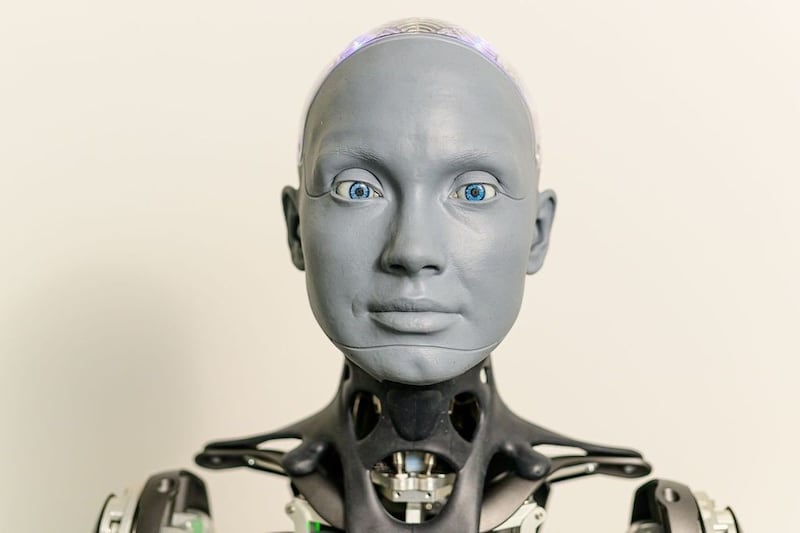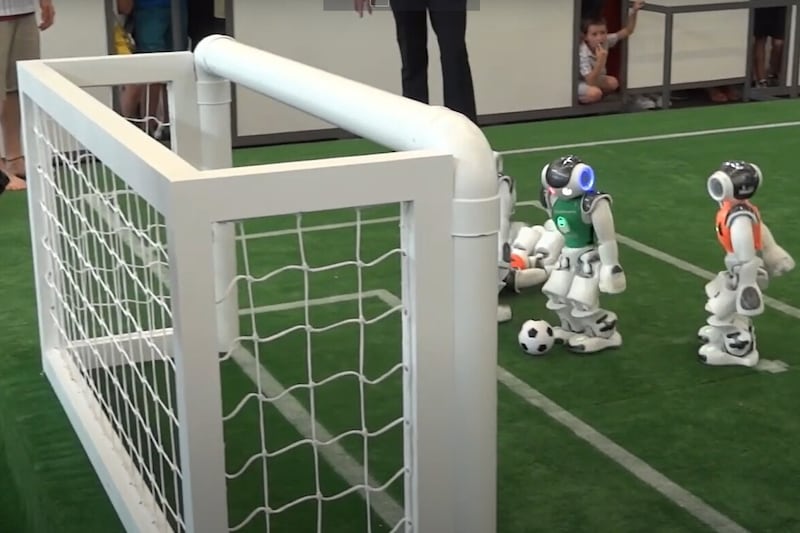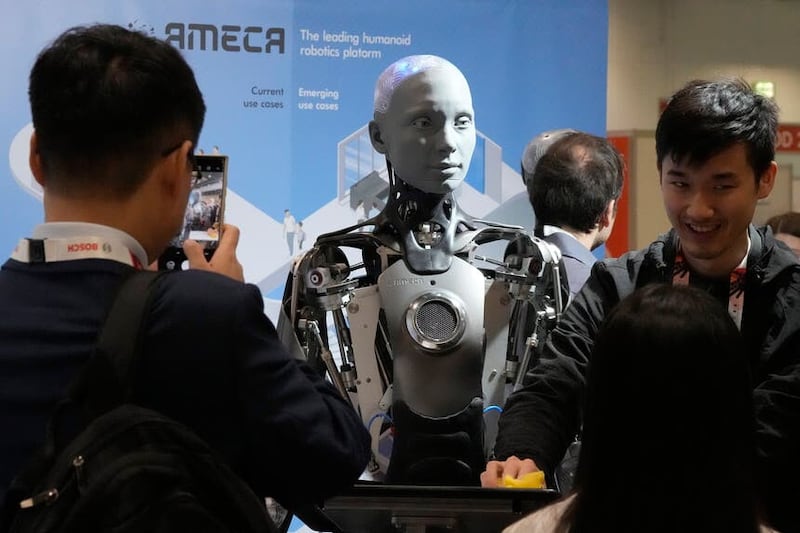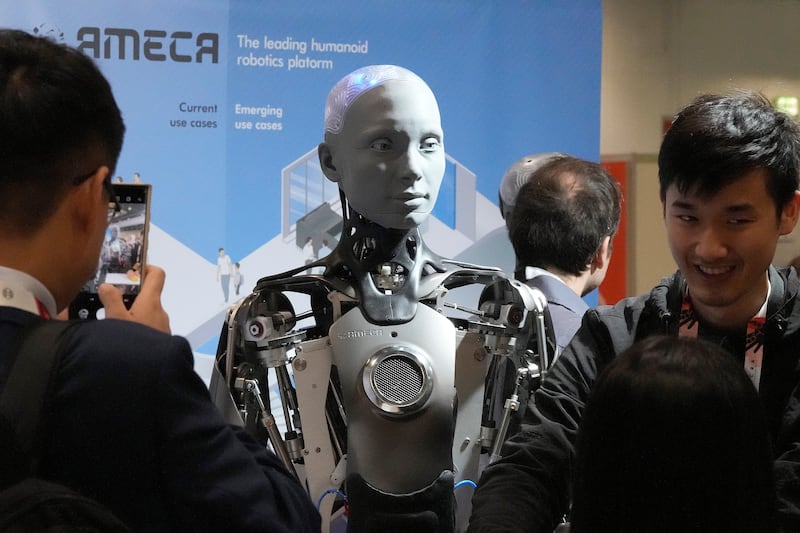A robot soccer team from Ireland has won an international tournament, beating countries including the United States and Germany to the title.
RoboÉireann from Maynooth University, Kildare, won the Challenge Shield as part of the RoboCup 2023 Standard Platform League, an international robotics competition held in Bordeaux, France.
Scoring 67 and conceding two in nine matches, RoboÉireann defeated teams from Germany, the Netherlands, Canada, the US, Australia, and Brazil to secure victory.
Robot soccer is played by teams of five or seven robots, each comprising a goalie and outfield players. There are human referees and, just like real soccer, there is a kick-off, goals, fouls, and eventual send-offs for persistent fouls, and penalty kicks.
Team coach Dr Rudi Villing, a lecturer in the Department of Electronic Engineering, said: "The competitive element is a key motivator for them and is unlike anything else. Our great result in this competition builds on our Open Challenge win in the RoboCup 2011 world championship and third place finish in the RoboCup German Open Replacement Event 2022.”
This win for Ireland comes on the same week that the Ireland women's national team hopes with carry on where RoboÉireann left off when they play in the Women's World Cup in Australia and New Zealand.
They kick-off their journey against the hosts Australia in Stadium Australia, Sydney, tomorrow, in front of more than 80,000 fans.
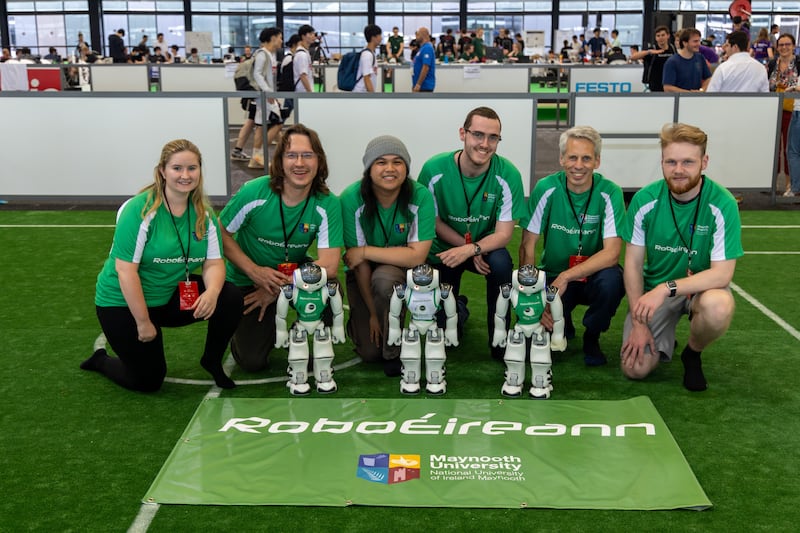
The winning team comprised staff and students from the Departments of Electronic Engineering and Computer Science at Maynooth University.
RoboÉireann has competed in European and International RoboCup events since 2009.
Teams must develop software, create advanced machine learning and AI and efficient real-time systems, so that the robots can understand their surroundings, make decisions, and collaborate in dynamic environments without human intervention or remote control.
Dr Villing continued: “RoboCup is an invaluable practical environment for students to learn about the challenges of creating intelligent humanoid robots, to research and develop solutions, and to develop industrially relevant skills."



